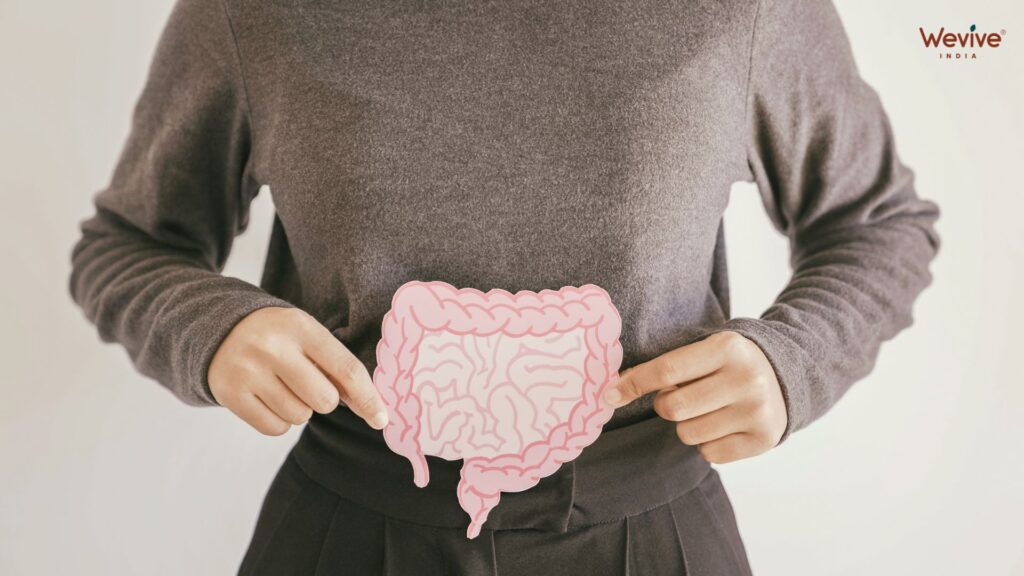The microbiome diet has emerged as a groundbreaking approach to weight management, focusing on the critical role that gut bacteria play in our overall health and metabolism. Here’s a deeper look at how nurturing your gut flora can help you achieve better health and a more efficient metabolism.
1. The Role of the Gut Microbiome
Our gut microbiome comprises trillions of microorganisms that significantly influence our physical health, metabolism, and even emotional well-being. A balanced microbiome is essential for effective digestion and can lead to healthier body weight and a lower risk of many chronic diseases.
2. Microbiomes and Metabolism
Diverse and balanced gut bacteria enhance your metabolism by helping your body to break down food more effectively and regulate fat storage. This is key to managing body weight and maintaining overall health.
3. Prebiotics: Nourishing Good Bacteria
Prebiotics are types of fiber that feed the beneficial bacteria in our gut. Including fiber-rich foods like garlic, onions, and whole grains can significantly support the health of your microbiome, contributing to weight loss and nutritional balance.
4. The Power of Probiotics
Adding probiotics—beneficial live bacteria—into your diet can help maintain a healthy balance in your gut flora. Natural probiotic sources include fermented foods like yogurt and kefir, which are excellent for enhancing gut health.
5. Choosing Anti-Inflammatory Foods
Eating anti-inflammatory foods is crucial as chronic inflammation can negatively impact gut health and contribute to weight gain. Incorporating foods like berries, fatty fish, and leafy greens can help protect your gut and enhance your fitness.
6. Hydration’s Role in Gut Health
Water is vital for the health of your gut lining, which houses a significant portion of your gut bacteria. Adequate hydration aids digestion and maintains the proper balance of gut flora.
7. Stress Management for Gut Health
Managing stress is essential for maintaining a healthy gut microbiome, as high stress levels can disrupt gut balance. Regular practices such as yoga, meditation, and mindful breathing can significantly benefit your gut health.
8. Exercise and Your Microbiome
Regular physical activity can improve the diversity and health of your microbiome. Not only does exercise help with weight management, but it also supports a healthier, more balanced gut environment.
9. Monitoring Your Diet’s Impact
Keep track of how your diet affects your gut health and weight by perhaps maintaining a food diary or consulting with a health professional, ensuring you include a variety of nutritional snacks to support your goals.
10. A Holistic Lifestyle Approach
A successful microbiome diet isn’t just about quick dietary fixes but involves comprehensive lifestyle changes including diet, hydration, stress management, and physical activity to create the optimal environment for beneficial gut bacteria to thrive.
By understanding the vital connection between your gut bacteria and body weight, you can make informed choices that lead to sustained health benefits and effective weight management.
